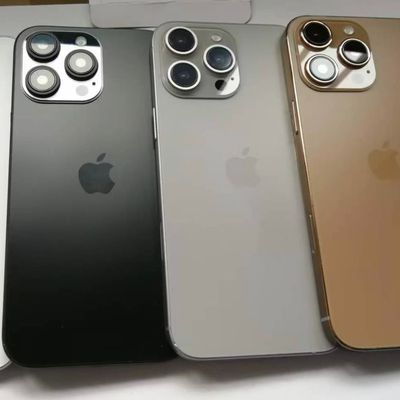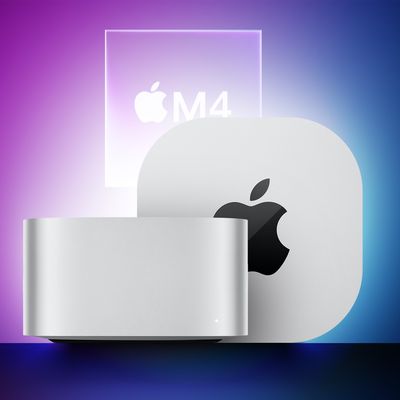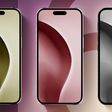Apple Vision Pro Launches in China, Hong Kong, Japan, and Singapore
Apple's Vision Pro spatial computing headset today arrived at Apple Store locations across China mainland, Hong Kong, Japan, and Singapore. The launches mark the first time the Vision Pro has been officially available outside of the United States, where the device has been on sale since February.

Consumer interest in the $3,499 headset has reportedly waned at home, where sales are said to have slowed in the five months since its launch. Apple Vision Pro is set to launch in the United Kingdom and Canada on July 12.
The headset will also launch on the same day in Australia, France, and Germany, as part of a staggered release in additional markets, which may be just what the company needs to reinvigorate enthusiasm for the device.
Reviews for the device have been mixed overall. For the most part, users have been impressed with the hardware and the technology introduced by the Vision Pro, but there are questions about the actual function of the device, the intuitiveness of the gesture-based control, the weight and comfort, and VR in general.
During WWDC earlier this month, Apple announced visionOS 2, the first major update to the Vision Pro's operating system. visionOS 2 includes several new features and changes, including a redesigned Photos app with SharePlay support, the ability to turn existing 2D photos into spatial photos, a larger ultra-wide version of Mac Virtual Display that is equivalent to two 4K monitors side by side, plus support for a physical mouse.
Popular Stories
Leaker Sonny Dickson is back today with a new dummy unit image showing all four iPhone 16 Pro color variants, including the rose gold or "bronze" unit that replaces Blue Titanium in the existing iPhone 15 Pro models. The iPhone 16 Pro models are expected to come in black, white or silver, gray or "Natural Titanium," and a rose or rose gold color replacing Blue Titanium, according to Apple...
Multiple rumors have suggested that the iPhone 16 models are going to have an all-new button that's designed to make it easier to capture photos when the devices are held in landscape mode. Apple calls the button the Capture Button internally, and it is going to be one of the most advanced buttons that's been introduced to date with support for multiple gestures and the ability to respond to ...
Apple typically releases its new iPhone series in the fall, and a possible September 10 announcement date has been floated this year, which means we are just one month away from the launch of the iPhone 16. Like the iPhone 15 series, this year's lineup is expected to stick with four models – iPhone 16, iPhone 16 Plus, iPhone 16 Pro, and iPhone 16 Pro Max – although there are plenty of design...
Apple's iPhone 16 series is expected to debut in September 2024. This release follows Apple's trend of introducing new iPhone models annually in the fall. While the exact date has yet to be officially confirmed, the day of Tuesday, September 10 has been rumored as a possible announcement date, and September has traditionally been the month when Apple unveils its latest smartphone innovations. ...
Apple is moving forward with its project to develop a tabletop robotic device, according to Bloomberg's Mark Gurman. Subscribe to the MacRumors YouTube channel for more videos. The device would feature a large iPad-like display mounted on a "thin robotic arm" that would allow the display to tilt and up and down and rotate a full 360º, and it would serve as a "smart home command center," a...
It's almost September, but Apple still has multiple new product launches planned for 2024. New iPhone 16 models and Apple Watches are coming in September, and we're also going to get at least three Mac updates with M4 chips this year, according to rumors. Here's what's on the horizon. MacBook Pro Apple plans to refresh both the 14-inch and 16-inch MacBook Pro models, adding M4 chips. The ...
T-Mobile was fined $60 million by the Committee on Foreign Investment in the US (CFIUS) for negligence surrounding data breaches, reports Reuters. CFIUS penalized T-Mobile for failing to prevent or disclose unauthorized access to sensitive customer data. When T-Mobile merged with Sprint, it signed a national security agreement with CFIUS, which is what led to the fine earlier this year....





















